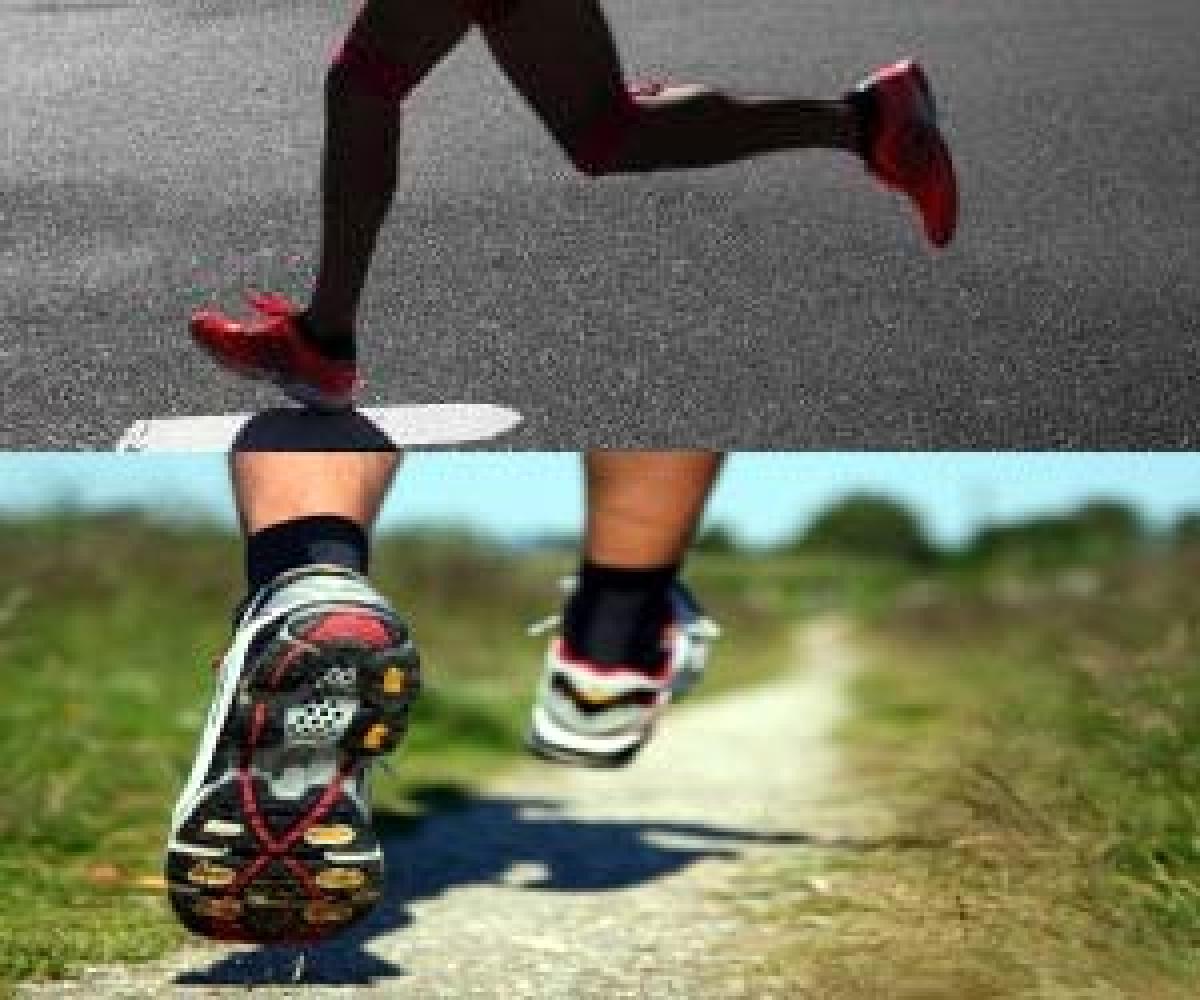Live
- 12-yr-old dies of electrocution
- Installation of smart meters opposed
- State Cabinet expansion in focus as CM leaves for Delhi
- Need to reintroduce country’s forgotten pride: Bhagwat
- Pant shatters Iyer's IPL auction record, sold to Super Giants for Rs 27 cr
- Yuva Sangeetha Sammelanam held
- Dharani proves a bane for 25K families across State
- Reckless, Dangerous Arms Race
- Russia needs a peace deal as it is running out of soldiers
- MyVoice: Views of our readers 25th November 2024
Just In

A new study has analysed the effect of endurance running training on the stiffness index, a variable that is directly related to bone quality.
Washington D.C.: A new study has analysed the effect of endurance running training on the stiffness index, a variable that is directly related to bone quality.
The results confirm that the greater the race distance that is trained, the better; this can be used, therefore, to prevent the progressive decline in bone mineral density that occurs with age.
The research that was lead by Camilo Jose Cela University determined how training to compete in endurance races can modify the mechanical properties of the calcaneus, a bone in the foot that forms the heel.
The changes in the mechanical properties of the bone were measured using the stiffness or rigidity index, a variable that is directly related to the bone density of the calcaneus.
Author Beatriz Lara said that the results showed that the endurance runners had a greater stiffness index than the sedentary individuals.
Lara added that it was also possible to confirm a dose-response relationship, meaning that greater amounts of training correspond to a greater improvement in the mineral density of the calcaneus.
The scientists assert that training for endurance races is effective in producing physical changes in the physical properties of the calcaneus; hence, this can be used to prevent the progressive decline in bone mineral quality that occurs with age.
Lara said that sports such as swimming or skating, in which body weight or impact loading are reduced, do not generate high osteogenic benefits. Nevertheless, the effect that endurance running training may have on our bones is not yet known -while it does not entail high impacts, it does require running long distances.
The study appears in the journal European Journal of Applied Physiology.

© 2024 Hyderabad Media House Limited/The Hans India. All rights reserved. Powered by hocalwire.com







